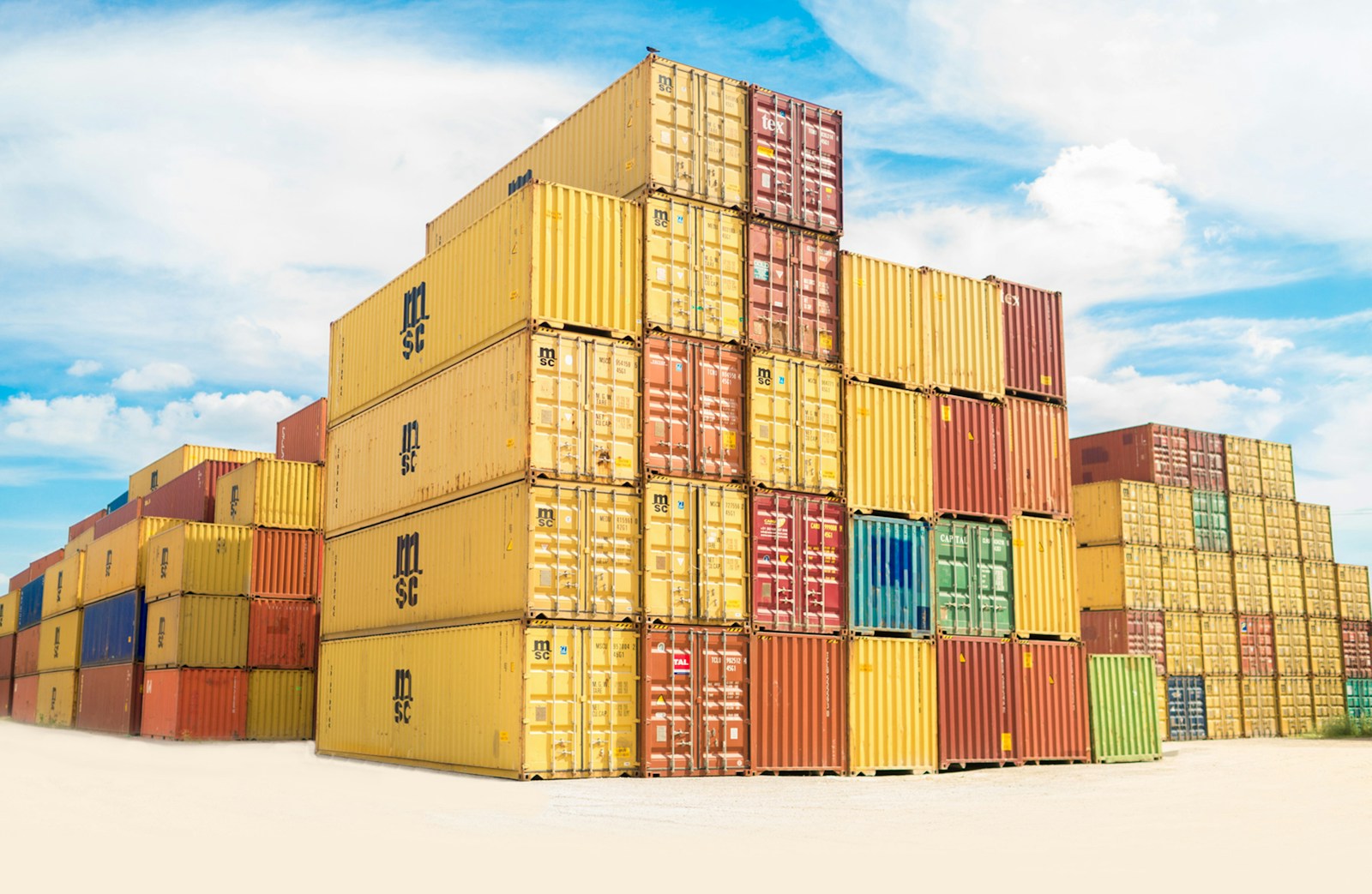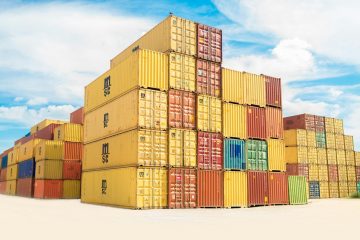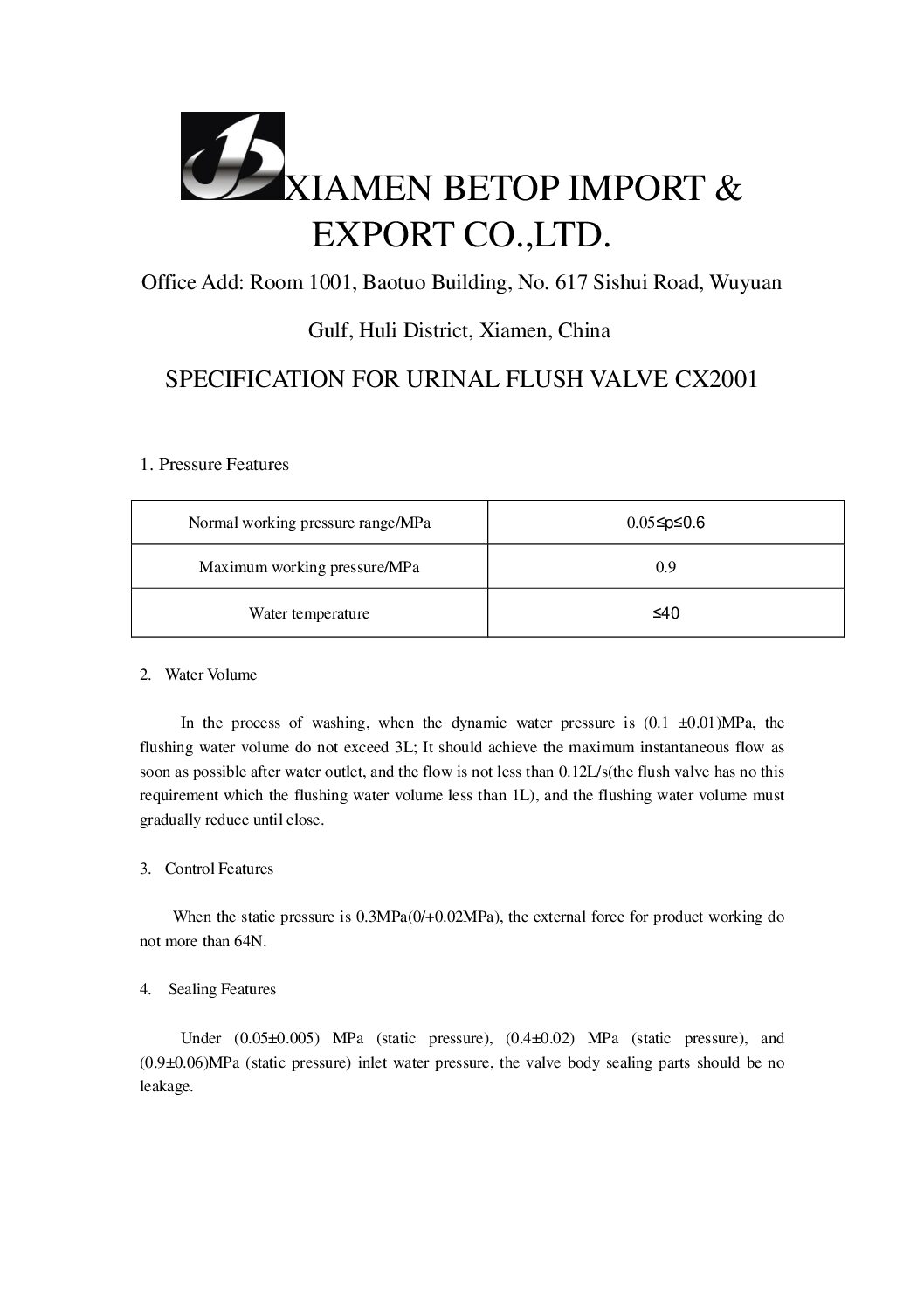
How to Navigate Supply Chain Challenges in the Construction Sector
Managing supply chain challenges is a critical task for companies in the construction sector. From ensuring timely delivery of materials to coordinating with multiple stakeholders, the construction industry faces unique obstacles that can impact project timelines and budgets. In this article, we will explore the various challenges encountered in the construction sector’s supply chain and discuss effective strategies to overcome them.
Key Takeaways
- The construction industry faces distinct supply chain challenges that can affect project timelines and costs.
- Managing multiple stakeholders and coordinating deliveries are complexities unique to the construction supply chain.
- Building strong partnerships with suppliers and adopting technology-driven solutions can help overcome supply chain challenges.
- Implementing lean construction principles and utilizing data analytics can optimize supply chain operations in the construction sector.
- By understanding the industry’s unique characteristics and implementing effective strategies, construction companies can enhance project efficiency and profitability.
Understanding the Unique Supply Chain Landscape in Construction
When it comes to the construction industry, the supply chain operates in a distinctive manner compared to other sectors. The unique supply chain landscape in construction is characterized by its complexities and challenges.
One of the key challenges is managing multiple stakeholders involved in a construction project. From architects and engineers to contractors and suppliers, effective coordination and communication are essential to ensure smooth project execution. The supply chain in construction requires constant collaboration and alignment among all parties to meet project timelines and deliverables.
Coordinating deliveries is another critical aspect of the construction supply chain. With various materials required at different stages of a project, efficient scheduling and logistics become paramount. Each material, from concrete to steel beams, must be delivered to the construction site at the right time to avoid delays and keep the project on track.
The construction industry also deals with a wide range of materials, each with its own specifications, sourcing requirements, and supply constraints. From raw materials like cement and lumber to specialized equipment and fixtures, construction projects demand a diverse array of resources. Managing this diverse range of materials adds complexity to the supply chain.
In navigating the unique supply chain landscape in construction, companies must employ effective strategies to address these challenges. By leveraging technology-driven solutions and embracing lean construction principles, organizations can streamline operations and enhance the overall efficiency of their supply chain. Building strong partnerships with reliable suppliers and adopting data analytics can also help in optimizing the supply chain and improving project outcomes.
Understanding the distinct characteristics of the construction industry’s supply chain is vital for successful project management. By acknowledging and adapting to these unique challenges, construction companies can overcome obstacles, deliver projects on time and budget, and ensure the overall success of their operations.
Effective Strategies to Overcome Supply Chain Challenges
In the construction industry, supply chain challenges can significantly impact project timelines, cost management, and overall success. To navigate these challenges, construction companies can employ several effective strategies that optimize their supply chain operations. By implementing these strategies, construction companies can enhance efficiencies, reduce costs, and mitigate risks.
Building Strong Partnerships with Suppliers
A key strategy for overcoming supply chain challenges in the construction sector is to cultivate strong partnerships with suppliers. By establishing collaborative relationships, construction companies can ensure a reliable and consistent supply of materials and resources. Open communication, regular evaluations, and mutually beneficial contract terms can foster trust and enable suppliers to anticipate and accommodate the construction company’s unique requirements.
Implementing Technology-Driven Solutions
Embracing technology-driven solutions is crucial in mitigating supply chain challenges. Construction companies can leverage advanced technologies such as cloud-based project management systems, real-time tracking software, and digital communication platforms. These solutions enable seamless coordination between stakeholders, enhance transparency, and provide real-time visibility into supply chain activities, facilitating better decision-making and streamlining operations.
Adopting Lean Construction Principles
The adoption of lean construction principles can significantly improve supply chain efficiency. By optimizing workflows, eliminating waste, and continuously analyzing and improving processes, construction companies can enhance productivity and reduce bottlenecks. Emphasizing collaboration, standardizing procedures, and implementing just-in-time delivery practices can further enhance operational efficiency and productivity, minimizing delays and disruptions in the supply chain.
Leveraging Data Analytics to Optimize Operations
Data analytics plays a critical role in optimizing supply chain operations in the construction industry. Construction companies can leverage data from various sources, including project management systems, IoT sensors, and supplier performance metrics, to gain actionable insights. These insights can inform forecasting, inventory management, demand planning, and supplier selection, enabling construction companies to make data-driven decisions and proactively address supply chain challenges.
By employing these effective strategies, construction companies can navigate through common supply chain challenges and enhance overall performance. Building strong partnerships, implementing technology-driven solutions, adopting lean construction principles, and leveraging data analytics can empower construction companies to overcome obstacles, improve project efficiency, and achieve sustainable success in the dynamic construction industry.
Conclusion
Successfully managing supply chain challenges is crucial for the construction sector to thrive. The construction industry faces unique obstacles that can impact project timelines, cost management, and overall project success. By understanding the specific characteristics of the industry’s supply chain and implementing effective strategies, construction companies can overcome these challenges and achieve improved project efficiency and overall profitability.
One key aspect is building strong partnerships with suppliers. Collaborating closely with suppliers helps streamline the procurement process, ensures timely deliveries, and reduces the risk of material shortages. Implementing technology-driven solutions such as supply chain management software can also provide real-time visibility and enable better communication and coordination among stakeholders.
Adopting lean construction principles, such as just-in-time delivery and waste reduction, can further enhance the efficiency of the supply chain. By eliminating non-value-added activities and optimizing workflows, construction companies can minimize delays and increase productivity. Additionally, leveraging data analytics can provide valuable insights into supply chain operations, enabling informed decision-making and proactive risk management.
In conclusion, by addressing supply chain challenges head-on and implementing these strategies, construction companies can overcome obstacles, improve project efficiency, and enhance overall profitability. In a rapidly evolving industry, staying ahead of supply chain complexities is essential for achieving success in the construction sector.
FAQ
What are some common supply chain challenges faced by the construction sector?
The construction industry faces challenges such as delays in material procurement, lack of coordination between different stakeholders, transportation and logistics issues, and managing inventory levels.
How do supply chain challenges impact project timelines and cost management?
When supply chain challenges arise, they can cause delays in project timelines as materials may not be readily available. This, in turn, leads to increased project costs due to extended labor and other associated expenses.
What are the unique characteristics of the supply chain in the construction industry?
Unlike other industries, the construction industry deals with a wide range of materials that need to be sourced from various suppliers. It also involves managing multiple stakeholders, coordinating deliveries to the project site, and navigating potential disruptions caused by weather or other external factors.
What strategies can construction companies employ to overcome supply chain challenges?
Construction companies can overcome supply chain challenges by developing strong partnerships with reliable suppliers, implementing technology-driven solutions such as construction management software, adopting lean construction principles to reduce waste and improve efficiency, and leveraging data analytics to optimize supply chain operations.
How can successfully managing supply chain challenges benefit the construction sector?
Successfully managing supply chain challenges can lead to improved project efficiency, reduced costs, enhanced collaboration between stakeholders, and ultimately greater profitability for construction companies.










